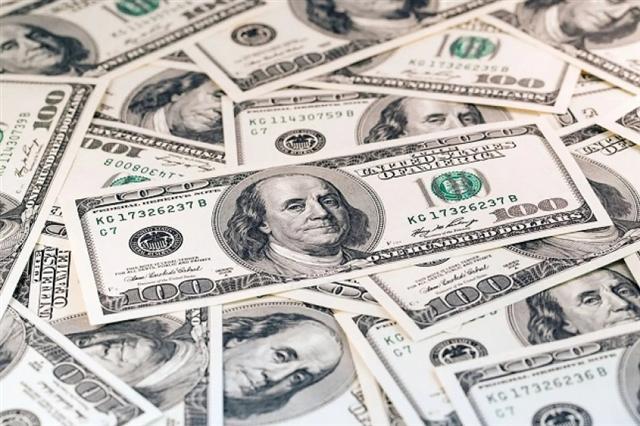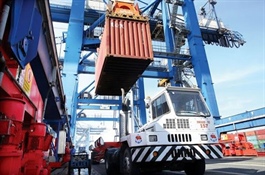Could Vietnam benefit from $1.9 trillion US fiscal stimulus package?
Could Vietnam benefit from $1.9 trillion US fiscal stimulus package?
The $1.9 trillion US fiscal stimulus package waiting for approval will likely have positive spill-over effects on emerging markets. Vietnam expects to see the largest benefits in exports and the securities market.

The $1.9 trillion fiscal stimulus package of the Biden administration is waiting for approval
|
The Biden administration’s $1.9 trillion fiscal stimulus package is waiting for the approval of the US Senate. The package would include $750 billion for COVID-19-related expenses such as vaccines, $600 billion for direct allowances for households ($1,400 each), $400 billion for allowances for fiscally challenged families ($400 after each week of unemployment), and $150 billion for small businesses.
Economist Phan Minh Ngoc said that equivalent to 10 per cent of the US GDP, if it is approved, the package will “make a great impact on not only the US economy but others too, including Vietnam”.
Brookings Institution calculated that the fiscal stimulus package will add 4 per cent and 2 per cent to the world's largest economy in 2021 and 2022. In 2023, the US economy will rebound and reach the growth rates forecast before the pandemic.
Consumption demand is expected to recover in 2021 and 2022, as reflected by the 10 per cent increase in January brought about by the $300 billion first fiscal stimulus package carried out last December. As consumer expenditure makes up about two-thirds of the US economy, resulting in a GDP growth of 2.4 per cent in the same month, the highest rate since last June.
The US’ import turnover in January reached $260 billion, up 1.2 per cent on-year, the highest rate over the past year. Consumer goods led the imports with the on-month increase of $3.7 billion while automobiles and spare part imports grew $2 billion on-month.
Increased imports could well benefit Vietnam as a trade partner. In January, the export turnover of Vietnamese goods to the US hit $8.2 billion, up 70.3 per cent on-year and 6.2 per cent on-month, making up 28 per cent of the total export value of Vietnamese goods in January. Meanwhile, the import turnover of US goods to Vietnam also increased by 12.6 per cent on-year.
Additionally, volatility in overseas capital flows to emerging markets has soared. The ratio between stock market capitalisation and GDP, which Warren Buffet described as “the best single measure of where valuations stand at any given moment”, was 228 per cent on February 11, even higher than the pre-market figures of the dot-com crash in March 2000. In other words, the US securities market is at such a high value that an adjustment could be coming anytime soon.
As a result, capital flows could be rechannelled from the US to emerging markets like Vietnam where stock and bond prices are quite low and have growth potential.
“However, 'hot money' comes and goes easily. Therefore, the US fiscal stimulus package will extend potential risks for the Vietnamese macro-economy, including fluctuations in exchange and interest rates if capital flows to Vietnam is not controlled strictly,” said Ngoc.


























